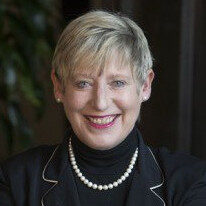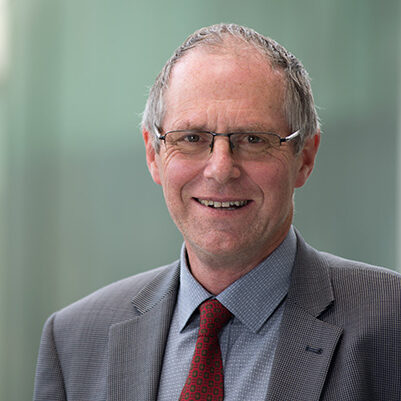
David Coetzee
Manager Capability & Operations; National Controller
Ministry of Civil Defence & Emergency Management
Opening Remarks: Emergency Management System Reforms
The New Zealand Government recently announced its response to the recommendations of a Ministerial review into Delivering better responses to natural disasters and other emergencies. The Government’s response to the review sets out a broad, multi-year work programme that will deliver extensive change to New Zealand’s emergency response system. This programme is referred to as the ‘Emergency Management System Reforms’, and involve the following key focus areas:
- Putting the safety and wellbeing of people at the heart of the emergency response system
- Strengthening the national leadership of the emergency management system
- Making it clear who is responsible for what, nationally and regionally
- Building the capability and capacity of the emergency management workforce
- Improving the information and intelligence system that supports decision making in emergencies
David Coetzee’s opening remarks will focus on some of the specific initiatives that are now underway to give effect to specific recommendations, that will likely be of interest to the ISCRAM community. These initiatives involve work towards establishing a ‘Common Operating Picture’, investigations into a new National Emergency Management Facility, the establishment of rapidly deployable ‘Fly-in Teams’, and a review of the Coordinated Incident Management System (CIMS) - New Zealand’s version of the traditional Incident Command System (ICS).
The review report and the full version of the Government’s response to the review can be viewed here.
Biography:
David Coetzee is the Manager, Capability & Operations at the Ministry of Civil Defence & Emergency Management. He is responsible for national response preparedness through the development of response capability, processes and systems, the National Crisis Management Centre, as well as managing the national warning system. Currently he also leads a review of the New Zealand Coordinated Incident Management System (CIMS).
David also holds the position of National Controller, making him responsible for leading the national level response to civil defence emergencies in New Zealand. In this capacity he has been at the helm in the National Crisis Management Centre for an extended list of emergencies and exercises; he singles out the Christchurch earthquake of 2011 that resulted in New Zealand’s first ever state of national emergency, and the Kaikoura earthquake of 2016, as the most challenging and demanding responses in his career so far.
In 2018 David received the Minister of Civil Defence’s Gold Award for significant contribution to Civil Defence Emergency Management for leading the establishment of the Emergency Mobile Alert system in New Zealand.
At the international level David serves on the Steering Group of the Pacific Tsunami Warning System under the IOC (UNESCO), who has called upon his experience to assist with tsunami capacity building in several regions. On behalf of the IOC (UNESCO) he also chairs a global working group on tsunami disaster management, public awareness and reduction. He is a past member of the United Nations Disaster Assessment and Coordination (UNDAC) team.

















